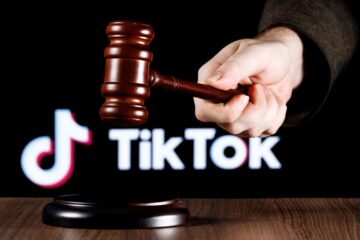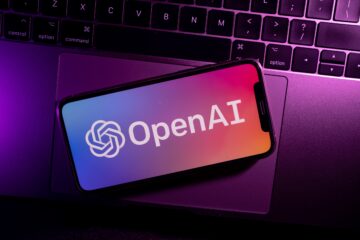"Artificial intelligence has the potential to change the world in which we work and live. If you’ve been paying attention, you know that AI-related transformation is already happening, and the legal industry is not immune.
As I’ve discussed in past columns, there are already many AI-powered technologies available to legal professionals that streamline workflowsand automate tedious tasks, saving both time and money. A newer one that should absolutely be on the radar of every lawyer is ChatGPT.
What is ChatGPT?
In recent months, there has been a leap forward in the AI realm, and a new tool, ChatGPT, has taken the technology world by storm. ChatGPT is a conversational AI model developed by OpenAI that generates humanlike responses to natural language inputs. The program, which utilizes OpenAI’s GPT-3.5 platform, was released in November 2022, and its advanced natural language processing capabilities are already impacting the way we interact with technology and each other.
How can ChatGPT help legal professionals?
As it exists today, ChatGPT as a stand-alone tool offers value to lawyers. When it is integrated into legal technology products, is even more promising. Over time, as new and improved versions are released, it will undoubtedly change the way that legal work gets done in a variety of contexts.
For example, the current release of ChatGPT can assist with contract drafting and review by suggesting contract language or identifying potential issues found in a contract. Additionally, ChatGPT can be leveraged during legal research to provide summaries of cases, laws or even pleadings filed with the court. Other use cases include creating workable first drafts of demand letters, discovery demands, nondisclosure agreements and employment agreements. It can also be used to suggest language for use in correspondence and legal documents."
This article was originally posted in the ABA Journal.
To read the rest of the article click here.


